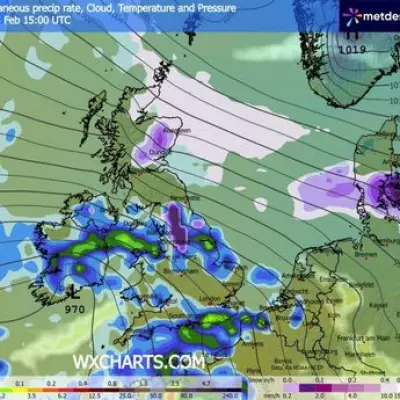
Health authorities across the UK are issuing an urgent call to action as influenza viruses begin to spread within communities, posing significant risks to vulnerable residents.
With winter approaching, NHS chiefs are emphasising the critical importance of the annual flu vaccination for millions of people living with long-term health conditions. The warning comes as early surveillance data indicates increasing flu activity across various regions.
Who needs protection most?
Medical experts have identified several high-risk groups who qualify for free NHS flu vaccinations:
- Individuals with chronic respiratory conditions like asthma or COPD
- People living with heart conditions, diabetes, or kidney disease
- Those with weakened immune systems or neurological conditions
- Pregnant women and adults over 65
- Frontline health and social care workers
Why timing matters
"We're seeing the virus start to circulate earlier than in previous years," explained a senior NHS consultant. "For people with existing health conditions, influenza isn't just a bad cold - it can lead to serious complications including pneumonia and hospitalisation."
The vaccination requires approximately two weeks to provide full protection, making early vaccination crucial before flu activity peaks. Health professionals stress that even healthy individuals can experience severe illness, but those with underlying conditions face dramatically higher risks.
Accessing your vaccination
Eligible residents can obtain their free flu jab through multiple channels:
- Local GP surgeries and participating pharmacies
- Some hospital outpatient departments
- Community vaccination centres in certain areas
Health officials recommend contacting your local practice to confirm availability and booking requirements. Many pharmacies now offer walk-in appointments without prior booking.
"Don't wait until you see others falling ill," advised a public health specialist. "By then, you might already have been exposed. The best defence is early vaccination when the NHS makes it available to you."
With COVID-19 still circulating, health leaders emphasise that protection against both viruses remains essential for maintaining winter wellbeing and reducing pressure on healthcare services.





